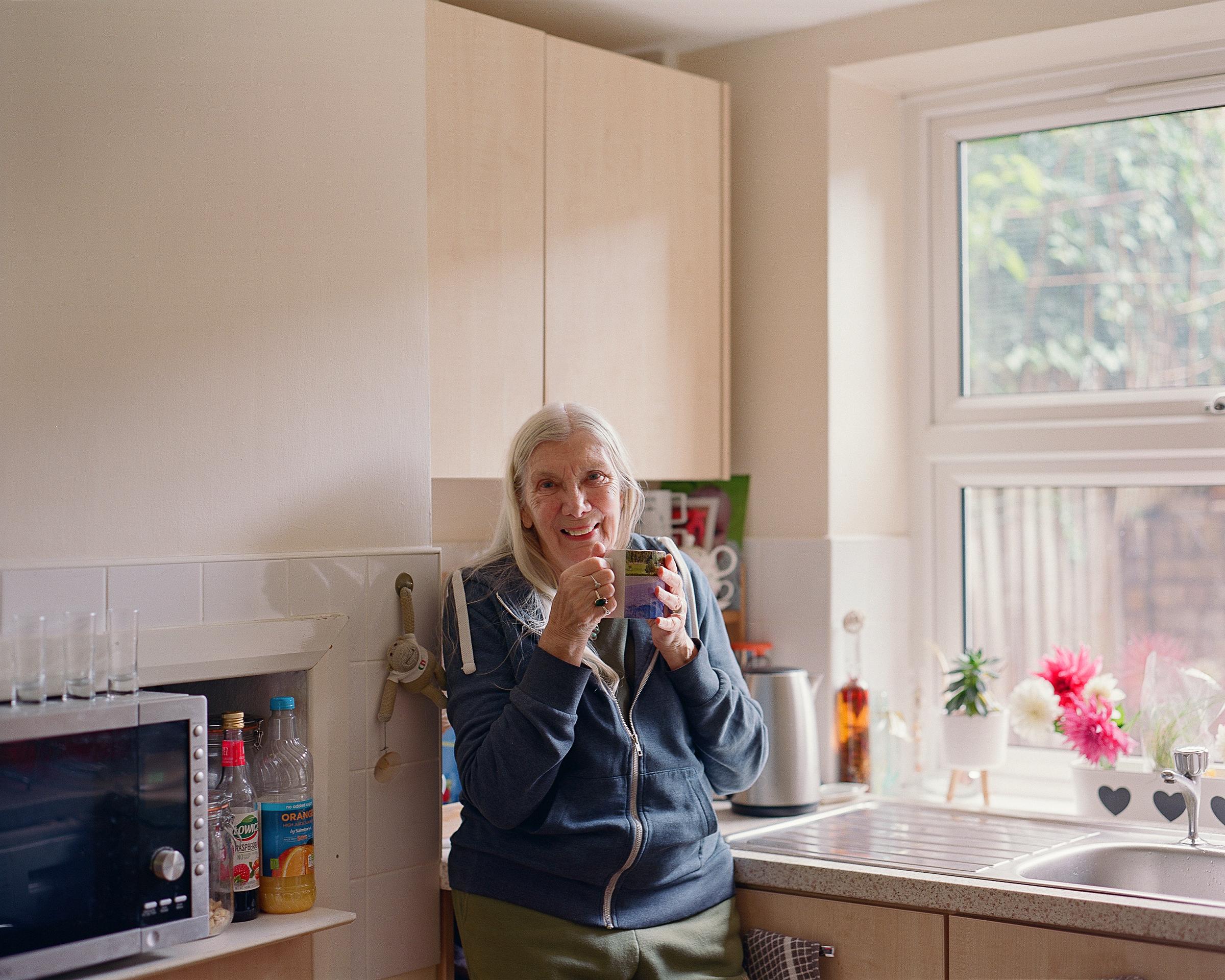Five ways the housing sector can help turn the rising tide of poverty in Scotland
With poverty in Scotland rising, Deborah Hay looks at the game-changing solutions the housing sector holds.
For twenty years, lower housing costs in Scotland have kept poverty rates below other parts of the UK; but that’s changing. Over 150,000 people are now on waiting lists for accommodation in Scotland: that’s more than 11,000 waiting in temporary accommodation. Within those figures there’s a sharp increase in families trapped in expensive, temporary accommodation, for longer than ever before. They also include many struggling to meet rising housing costs in both the private and social sectors.
But there is action we can take to turn the tide. These are the key ideas that came out of a recent JRF event, held in Edinburgh, called ‘What’s the next game-changer for solving poverty in Scotland?’. Together, stakeholders from the world of housing addressed how it could help to reduce poverty over the next ten years. Here's what they came up with:
1. More, and better, social housing
After years of a shrinking social housing sector, we are now seeing growth after recent years of investment. A sizeable number of households are in poverty only after their housing costs are taken into account, so clearly, demand for housing that people can afford remains high and further supply is needed. However, we need to target the supply of social housing to the places it is needed at the same time as improving existing properties across all tenures.
2. The Implementation Gap: live up to our commitments
There is a gap between our policy ambitions and how people experience their rights, on the ground. This includes care leavers being offered inappropriate accommodation, without enough support; people being refused temporary accommodation or being stuck for years without a permanent home; woeful standards in some parts of the private sector, and registration of letting agencies being poorly enforced. We need to build our capacity to deliver and enforce existing commitments.
3. Relationships are critical: empower front-line services to get it right, first time
Staff with statutory responsibilities should be able to command resources and support across services. They should be empowered to reframe the cultures and job purpose as uncovering what a family needs, and what services are needed to support them. Families in these situations often have complex support needs, as the Hard Edges report shows.
A thriving private sector that actively cultivates long-term relationships with tenants and has a business model that makes housing low-income households sustainable (and affordable) could be a game-changer.
4. Ensure social security provides an adequate income
Re-setting Local Housing Authority thresholds, and reforming Universal Credit so it provides an adequate income to meet housing and living costs, is a high priority. Meanwhile, Scotland could do more with existing powers to vary the housing-cost element of UC, and seek further devolution of housing benefit, to provide a coherent support system.
5. Ensure our public investment works harder/smarter
The Scottish Government has published a Draft Vision for Housing 2040 report which contains some potentially game-changing ambitions (such as a commitment to stabilise house prices).
But in addition to this, taxing wealth could open-up new forms of finance that could take the pressure off raising more revenue through income tax.
Public investment could focus on securing social, rather than affordable, housing (removing all ownership subsidy) and on using existing land-use value and planning controls much more assertively.
Council Tax could also be reformed – ensuring that property and land values underpin a fairer local taxation and take more of the burden from low-income households.

This idea is part of the housing topic.
Find out more about our work in this area.
